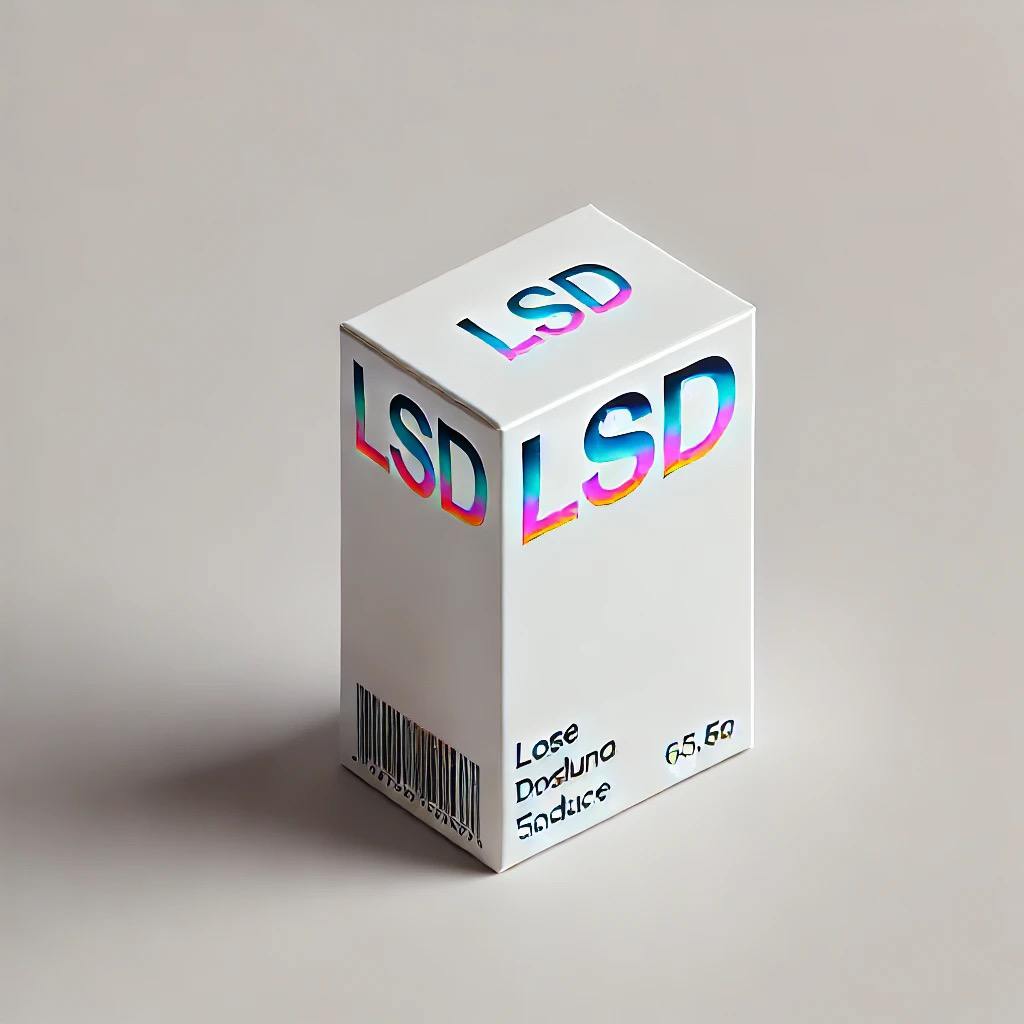A startling discovery was made by a recent Upstate Medical University study: recreational cannabis users may be less likely to experience subjective cognitive decline (SCD). This finding disproves earlier theories regarding how cannabis affects memory.
Cannabis has a number of therapeutic effects that could aid in the treatment of various illnesses. Patients with crippling medical conditions may find that adding marijuana to their treatment plan helps effectively treat their condition. However, obtaining an MMJ card online is crucial for anyone wishing to include medical marijuana in their regimen as it will provide them with legal access to the cannabis and shield them from any state legal ramifications.
The Study
A comprehensive analysis of CDC data was carried out by Master of Public Health (MPH) student Zhi Chen and Professor Roger Wong, Ph.D., MPH, MSW. They investigated the relationship between cannabis use and subjective cognitive decline (SCD) by studying 4,744 adults in the United States who were 45 years of age and older.
What the Study Revealed
⦁ They found that the chance of cognitive decline was significantly reduced—by 96%—when cannabis was used as opposed to when it wasn’t.
⦁ There were some, but not as many, advantages to using cannabis for recreational or medicinal purposes. Oddly, it didn’t seem to matter much how frequently someone used cannabis or how they used it (e.g., by eating it or smoking it).
However, there’s a catch. “To see if using cannabis keeps our thinking sharp, we need to study this more over a long period of time,” Wong stated. It is also necessary to investigate whether cannabis use is associated with higher cognitive function. Because cannabis is currently illegal on a federal level, conducting these studies is challenging.
How Cannabis May Help Protect Cognitive Function: The Underlying Mechanism
According to Wong, there might be a difference in protection between cannabis use for medical purposes and non-medical purposes because of the various compounds present in the plant.
THC, the psychoactive ingredient in cannabis, is typically found in higher concentrations in non-medical cannabis. However, the amounts of CBD in medical-grade cannabis are higher.
Users of cannabis for non-medical purposes frequently do so to enhance their sleep quality and reduce stress, two things that are associated with a lower risk of dementia. Improved sleep and reduced stress levels in particular may be responsible for the protective effects of cannabis use on subjective cognitive decline (SCD) seen in non-medical users.
We don’t think medical cannabis’s CBD is as good for cognitive health, according to our research,” Wong said. It would be especially helpful for patients with Alzheimer’s disease, as evidenced by the higher THC content in non-medical cannabis, which helps with stress reduction and sleep.
Cognitive Benefits of Cannabis and the Importance of Further Research
This study challenges our preconceived notions about cannabis use and cognitive abilities. It implies that the use of cannabis may actually help avoid experiencing a decline in mental clarity. According to the authors, additional long-term research is necessary to fully comprehend how this protection functions.
Due to federal cannabis laws, conducting comprehensive research on the drug is proving to be challenging for researchers. However, this work serves as a foundation for further investigation into the potential cognitive benefits of cannabis use for nonmedical purposes.
Final Words!
The study indicates that recreational cannabis users have a lower risk of cognitive decline than non-users, which may be beneficial for cognitive health. This disproves conventional wisdom and draws attention to potential advantages of non-medical cannabis. Given federal restrictions on cannabis research, more research is required to understand how this operates.
It’s also advisable to speak with a medical marijuana physician prior to beginning medical marijuana use. In addition to giving you advice on how to use marijuana safely and effectively, the doctor will also give you a Montana MMJ card, which will allow you to legally access marijuana in your state and buy it from any dispensary with a state license.

















